The workshop had two discussion sessions, including: "Promoting the role of self-reliant, self-managed, self-governing communities, implementing agricultural economic thinking" and "The association participates in environmental protection, promoting the value of community cultural identity and developing agricultural tourism".
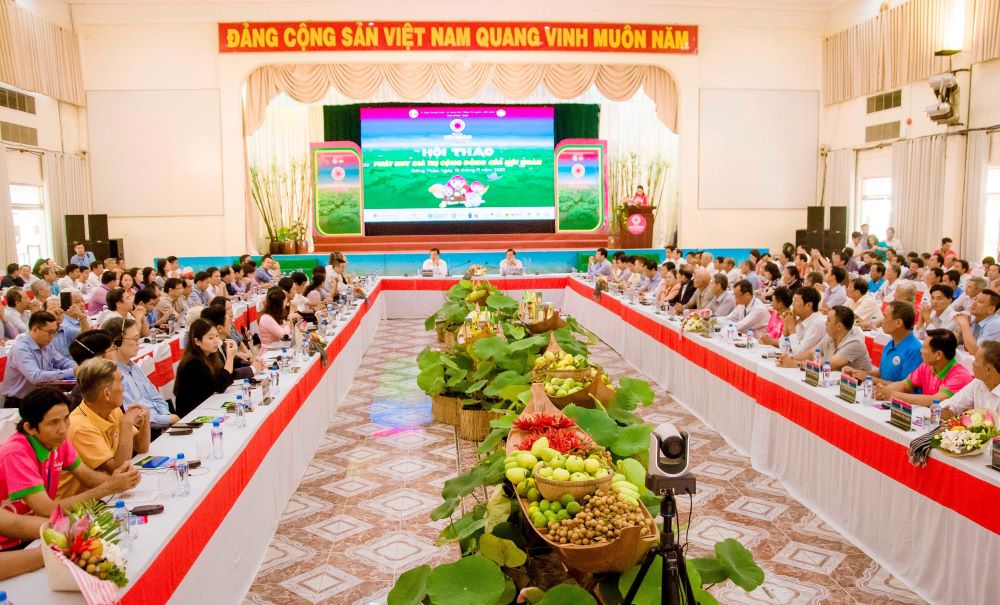
In his report to the workshop, Mr. Nguyen Van Vu Minh - Director of the Department of Agriculture and Rural Development of Dong Thap - affirmed: "Since its inception, the Association has actively contributed to the socio-economic development of the locality and laid the foundation for sustainable changes in agriculture , farmers and rural areas."
With these benefits, the Association has continuously spread widely and is present in most communes, wards and towns in the province.

From the first Assembly Hall, "Canh Tan Assembly Hall" in An Nhon commune, Chau Thanh district, Dong Thap province in 2016, up to now, Dong Thap has 127/143 communes, wards and towns established 145 Assembly Halls, with 7,580 members. Assembly Halls operate in a variety of fields such as: fruit tree production, rice, vegetables, ornamental flowers, raising catfish, cage fish, eel meat, dried fish production, multi-industry business, tourism and flour production... and newly established 35 Cooperatives from Assembly Halls.
On that basis, delegates representing the Associations and many researchers and managers reported evidence showing that, with the advantage of a new multi-functional institution in rural areas, the Associations have brought many positive contributions. Especially contributing to promoting the roadmap to change the mindset of agricultural production to the mindset of agricultural economics.
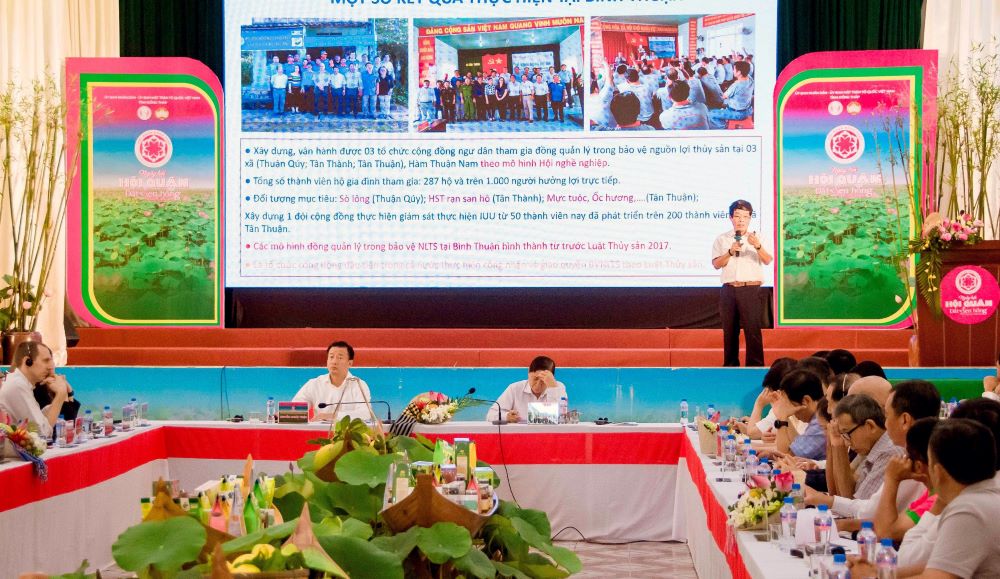
Specifically, through cooperation and sharing in the activities of the Association, a big mindset for a collective economic model has gradually emerged.
This is the foundation to help solve the problem of "linking - cooperation" between farmers, is an important link to implement "collective buying, collective selling", contributing to "reducing costs - increasing quality", strongly transforming the mindset of taking quality as a pioneer.
In particular, gradually eliminate the mindset of waiting for the Party Committee and the government to think and do for us. Thereby proactively creating organic agricultural products, circular agriculture, meeting market demand, bringing high economic efficiency, actively promoting the OCOP program.
With the Fruit Tree Growing Association, we have built a growing area code and a private label for agricultural products associated with traceability. Thereby, 14 Associations have been granted growing area codes with an area of 603.41 hectares, exporting to the markets of the United States, New Zealand, Korea, Singapore, Australia, Russia, Japan and the EU.
At the workshop, delegates also emphasized the important contributions of the Association in the construction of new rural areas and restructuring of the agricultural sector...
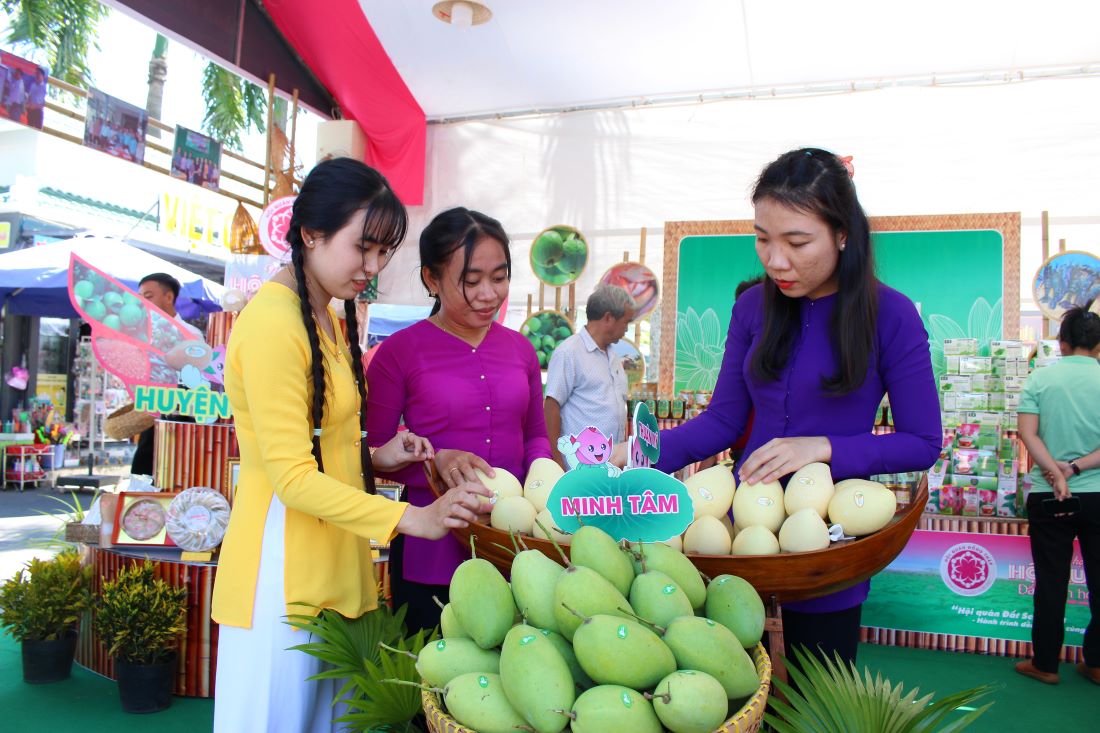
In addition, many opinions say that the practice of the Association still has some shortcomings. Specifically, the change in agricultural economic thinking among some Association members sometimes does not keep up; the conversion of agricultural production to agricultural economy is still slow; the cooperation in some areas is not yet sustainable...
Representatives of the Associations hope to receive support from local and central departments and branches in terms of both content and methods of operation so that the Associations can truly be a center connecting the community, contributing to socio-economic development and creating a sustainable foundation for agriculture.
Source


![[Photo] Panorama of the 2025 Community Action Awards Final Round](https://vphoto.vietnam.vn/thumb/1200x675/vietnam/resource/IMAGE/2025/11/15/1763206932975_chi-7868-jpg.webp)

![[Photo] General Secretary To Lam receives Vice President of Luxshare-ICT Group (China)](https://vphoto.vietnam.vn/thumb/1200x675/vietnam/resource/IMAGE/2025/11/15/1763211137119_a1-bnd-7809-8939-jpg.webp)
![[Photo] Prime Minister Pham Minh Chinh meets with representatives of outstanding teachers](https://vphoto.vietnam.vn/thumb/1200x675/vietnam/resource/IMAGE/2025/11/15/1763215934276_dsc-0578-jpg.webp)


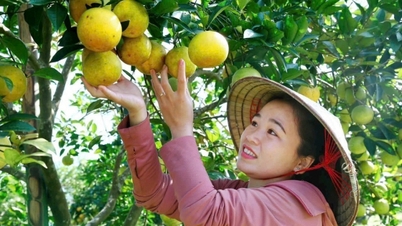

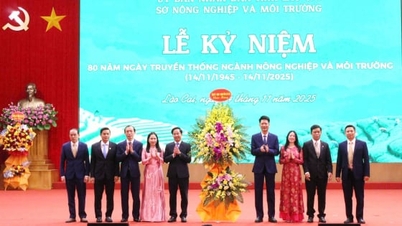
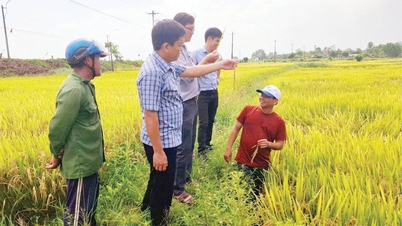

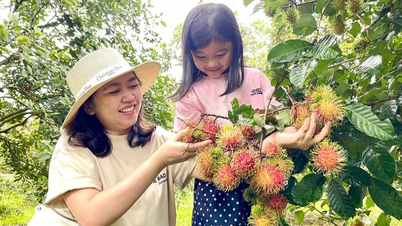






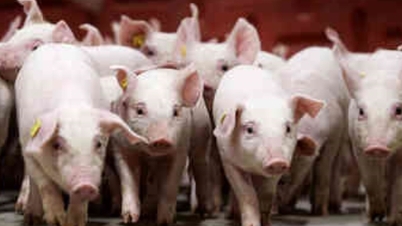


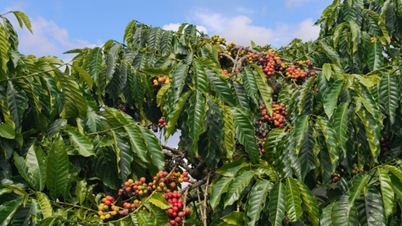
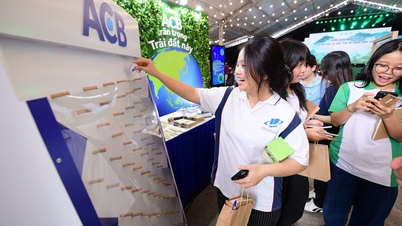

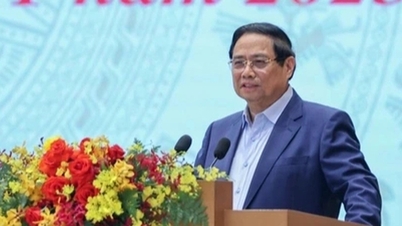




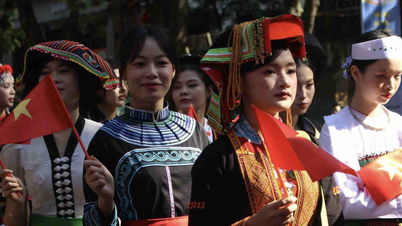
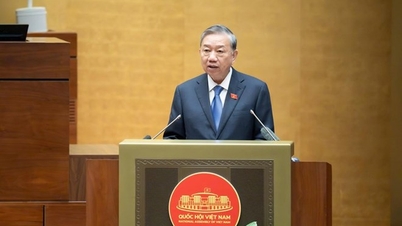

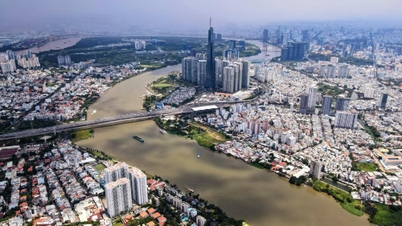
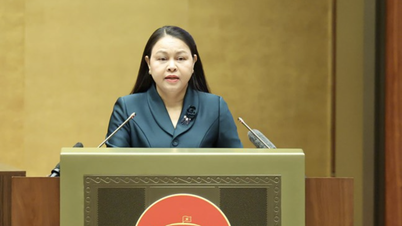
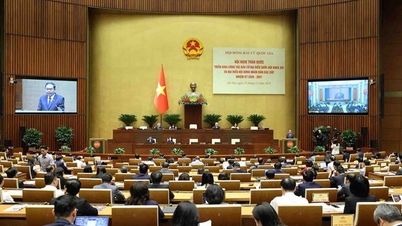



































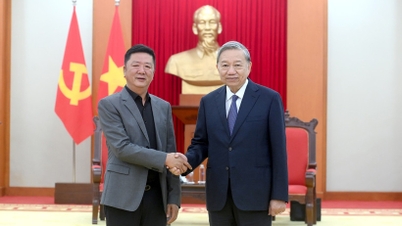

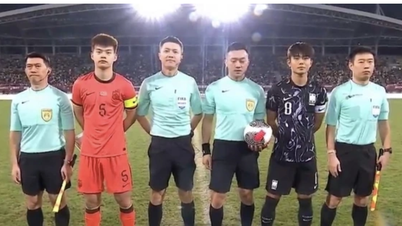


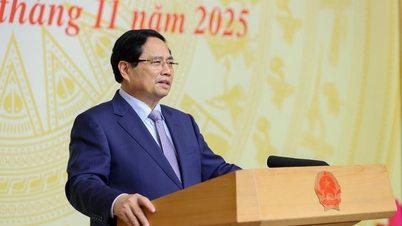
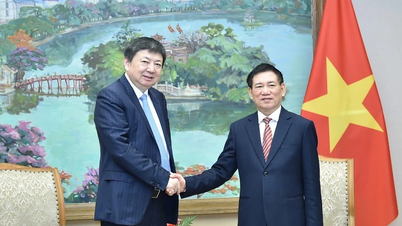





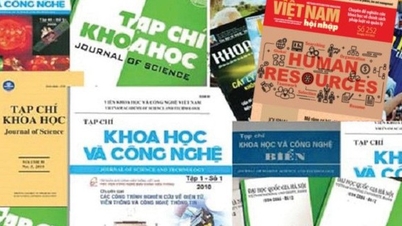
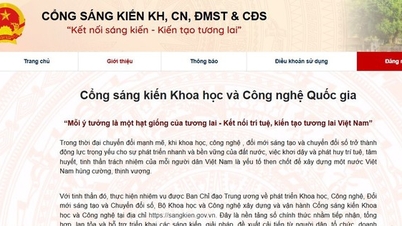
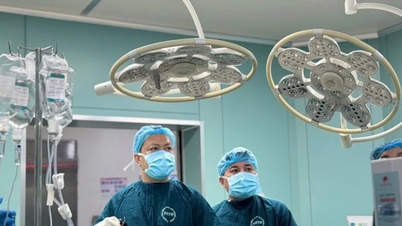
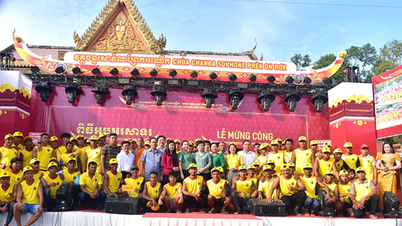

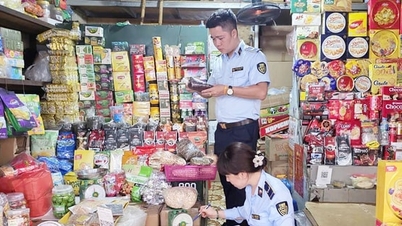

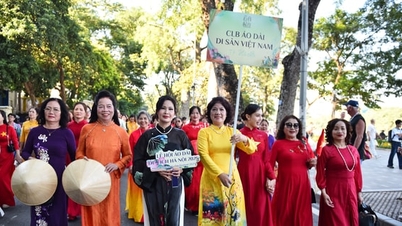











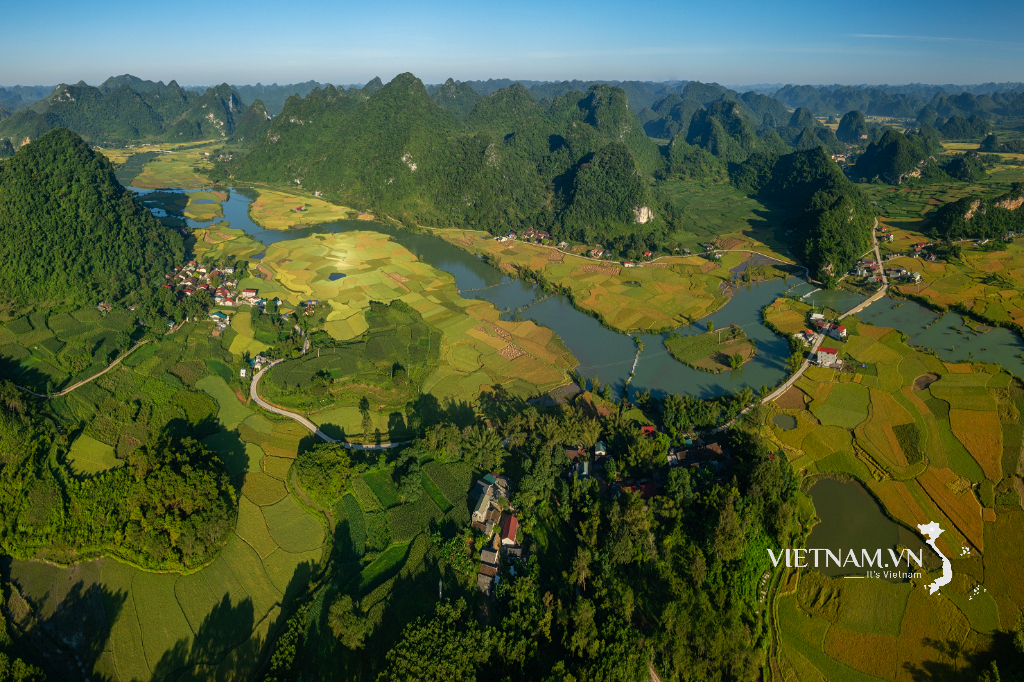

Comment (0)